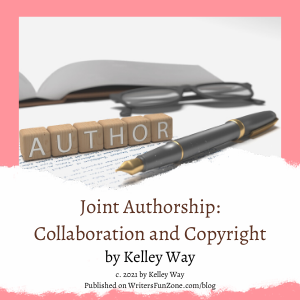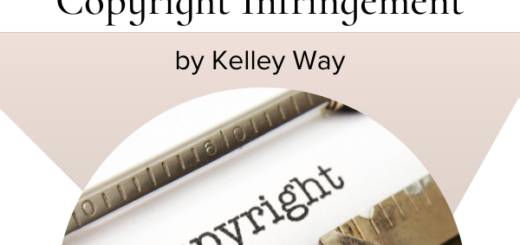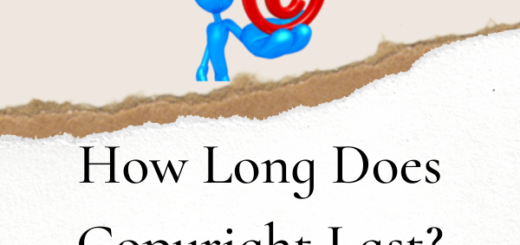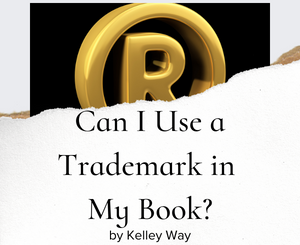Joint Authorship: Collaboration and Copyright by Kelley Way
 Let’s welcome back monthly columnist Kelley Way as she shares with us “Joint Authorship: Collaboration and Copyright.” Enjoy!
Let’s welcome back monthly columnist Kelley Way as she shares with us “Joint Authorship: Collaboration and Copyright.” Enjoy!
***
Your best friend has just approached you to co-author a book together.
She has a great idea that’s sure to sell, and your skills are perfect for this collaboration. Should you do it?
Let’s talk about how collaboration and copyright come into play when you are writing with a partner.
Joint Authorship: Before Your Start
There’s nothing wrong with collaboration in general.
Working together very often creates a whole that’s greater than the sum of its parts. But working together on a big project can get tricky, so it’s important to discuss some things with your future co-author before you start.
Equal Ownership
First, you should be aware that when two or more people create a copyrighted work together, both are equal owners of the copyright.
The Right to License The Work
That doesn’t just mean they have equal rights to the work; it also means they have the right to license the work without the permission of the other copyright owner(s). But don’t freak out – a single co-owner can only give a nonexclusive license.
Consent
An exclusive license requires all copyright owners’ consent, and many publishers won’t accept a contract that doesn’t have every owner’s signature.
Income Accounting
Copyright owners are also required to account to each other for any income on the copyright, so there’s no hiding money under the table. But there’s still a potential for trouble, so you and your future co-author should discuss what one of you is allowed to do without consulting the other. It would be even better if the result of that discussion is in writing.
Get it in Writing
You’ll also want to talk about what the collaboration process will look like for your jointly authored project.
- Who’s contributing what?
- How often will you be checking in with each other or sharing your part of the project?
- Who’s in charge of making sure the final product is seamless?
- Who’s going to take the lead on finding an agent or a publisher?
It’s best to hash these things out in advance so there’s no confusion later.
Joint Authorship: What if… Worst Case Scenarios?
Another discussion you should have is what happens if this collaboration falls through.
No one likes to think of negative outcomes, but taking the time to think about it now could save you a lot more time (and money) in the future.
Scenarios to consider:
- If you have a falling out halfway through the project, what happens to what was created?
- Can one person move forward with the project?
- If you split the work up, who gets what piece?
Things can get even hairier if the work has already been published because you may have to continue working together to market the book and split the profits. Figuring it out in advance makes the whole process easier.
If you would like help to put together or review a co-authorship or joint authorship agreement or discuss collaboration and copyright further, please feel free to reach out to me at kaway@kawaylaw.com.
***
Want to read more articles like this one Writer’s Fun Zone? Subscribe here.
***
ABOUT THE AUTHOR
Kelley Way was born and raised in Walnut Creek, California. She graduated from UC Davis with a B.A. in English, followed by a Juris Doctorate. Kelley is a member of the California Bar, and an aspiring writer of young adult fantasy novels. More information at kawaylaw.com.







